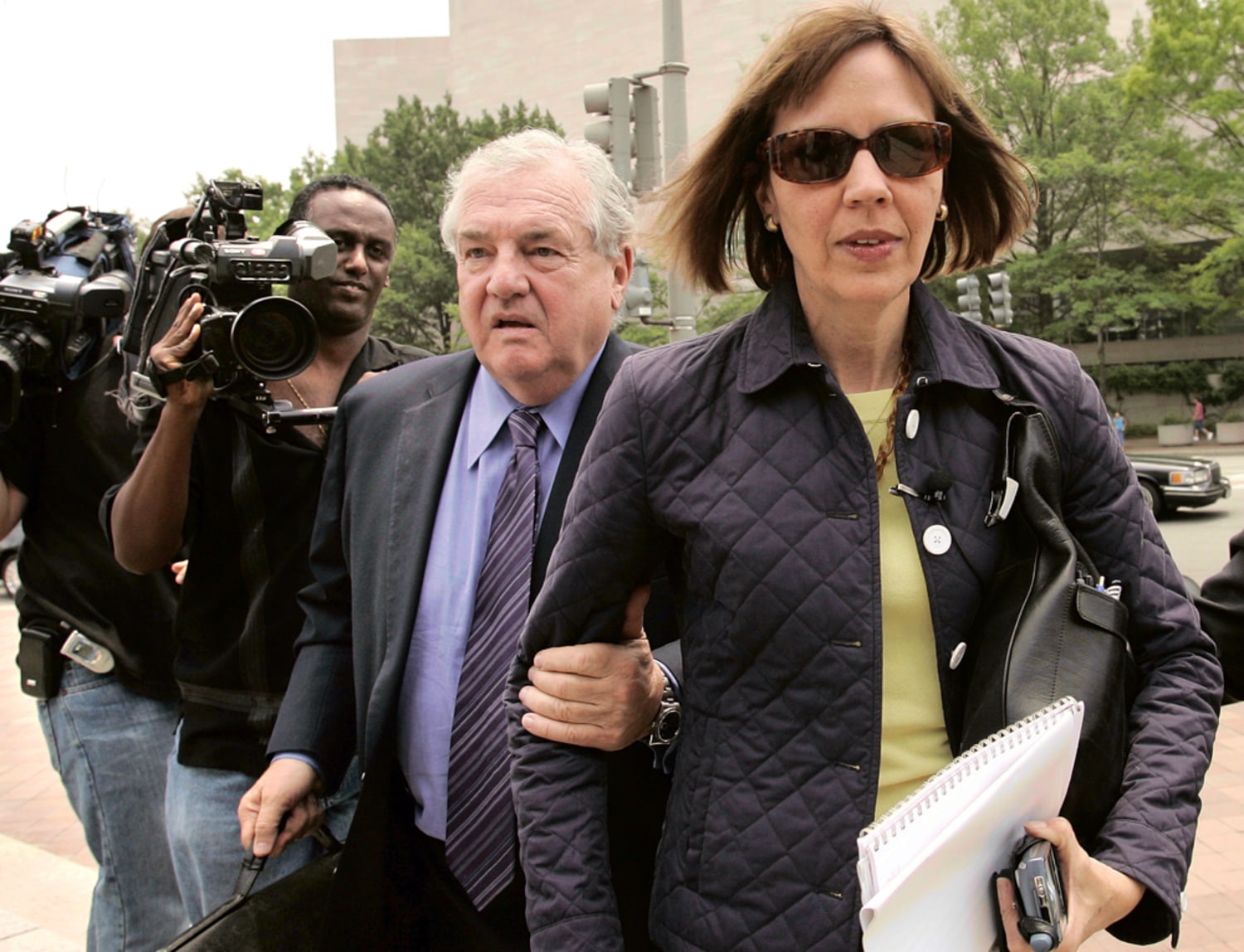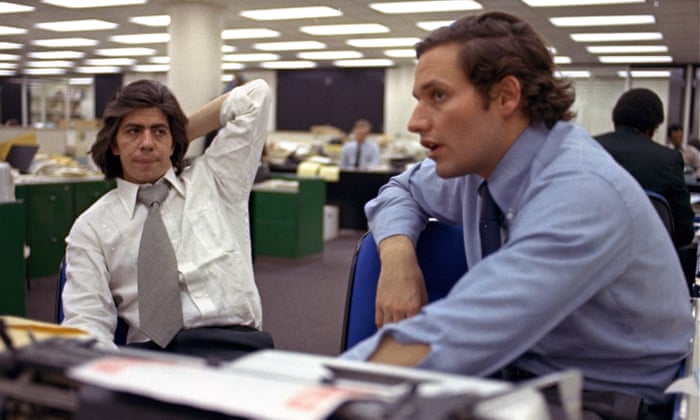Journalism would not be possible without sources, but not all sources are the same. Some sources will remain anonymous to protect themselves from retaliation against them in their lives. Anonymous sources have been used to get information to the public that otherwise would have been kept under wraps for their own protection.
When someone asks a reporter to remain anonymous, that is a request not taken lightly by a journalist or the publication. Journalists are required to keep sources anonymous to adhere to the confidentiality they are to promise their sources when it comes to good ethical practices.
Most publications have specific guidelines on when they will publish information from an anonymous source. Oftentimes it will be allowed if the publication knows the source is reliable, is vital to the writing and the information is not available except through the use of anonymity.
There are drawbacks to this though. Some believe it lessens the accountability of the press because they believe it gives the journalist the power to write anything they want and label it as true because it came from an "anonymous source."
Journalists do have some protection when it comes to using anonymous sources. Shield laws protect journalists from disclosing confidential information like identifying sources, but this is not a federal law. These vary from state to state.
 |
| Judith Miller |
There have been instances where journalists have been punished for not disclosing their sources in court. Judith Miller, a reporter for The New York Times, went to jail for 85 days for not revealing details of a meeting she had with an anonymous source in 2005. She was released after her source, the vice-president chief of staff, was able to talk about the meeting.
 |
| Carl Bernstein and Bob Woodward |
There are different ways for a journalist to gather information from a source and how it and the source can be used. These include on the record, on background, on deep background and off the record.
On the record is what most people associate with a source. They can be identified and everything they say can be quoted. On background restricts the journalist from directly quoting the source, and identifying them by name, but they can use their general title. On deep background only allows the journalist to use the info without quoting, and they cannot identify the source in any way. Finally, off the record means the information cannot be used, but can be used to find other sources or information.
Anonymous sources have been essential to journalism, and without them journalists would not be able to complete their duties to the fullest extent. Especially in the Watergate scandal, without an anonymous source, there would have been a much smaller chance of the public knowing what President Nixon had done if the source's identity was public knowledge beforehand.

No comments:
Post a Comment